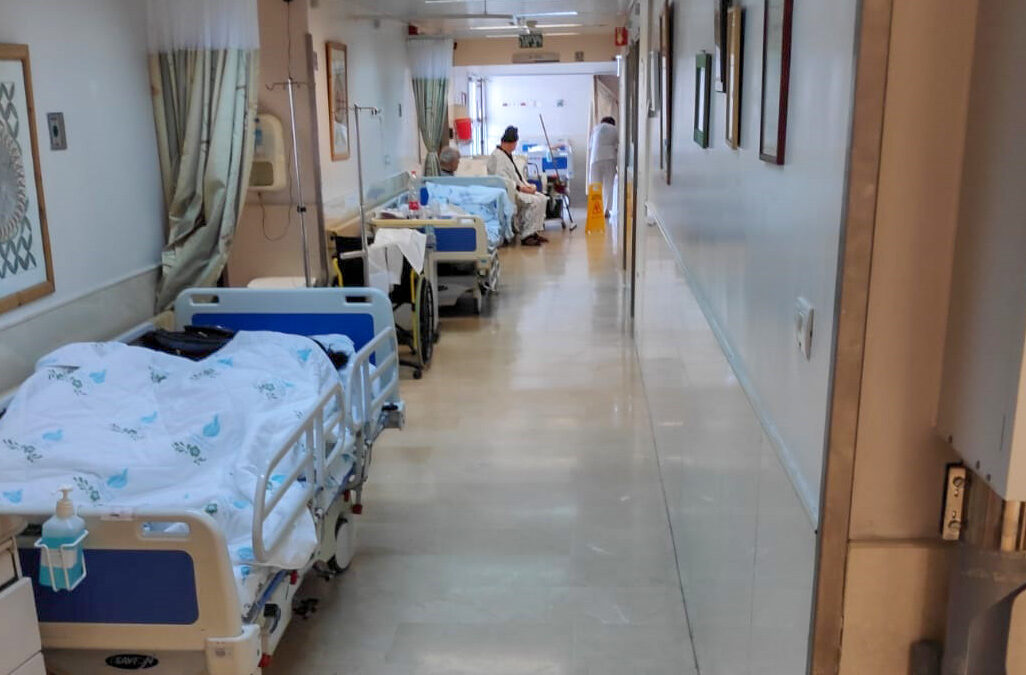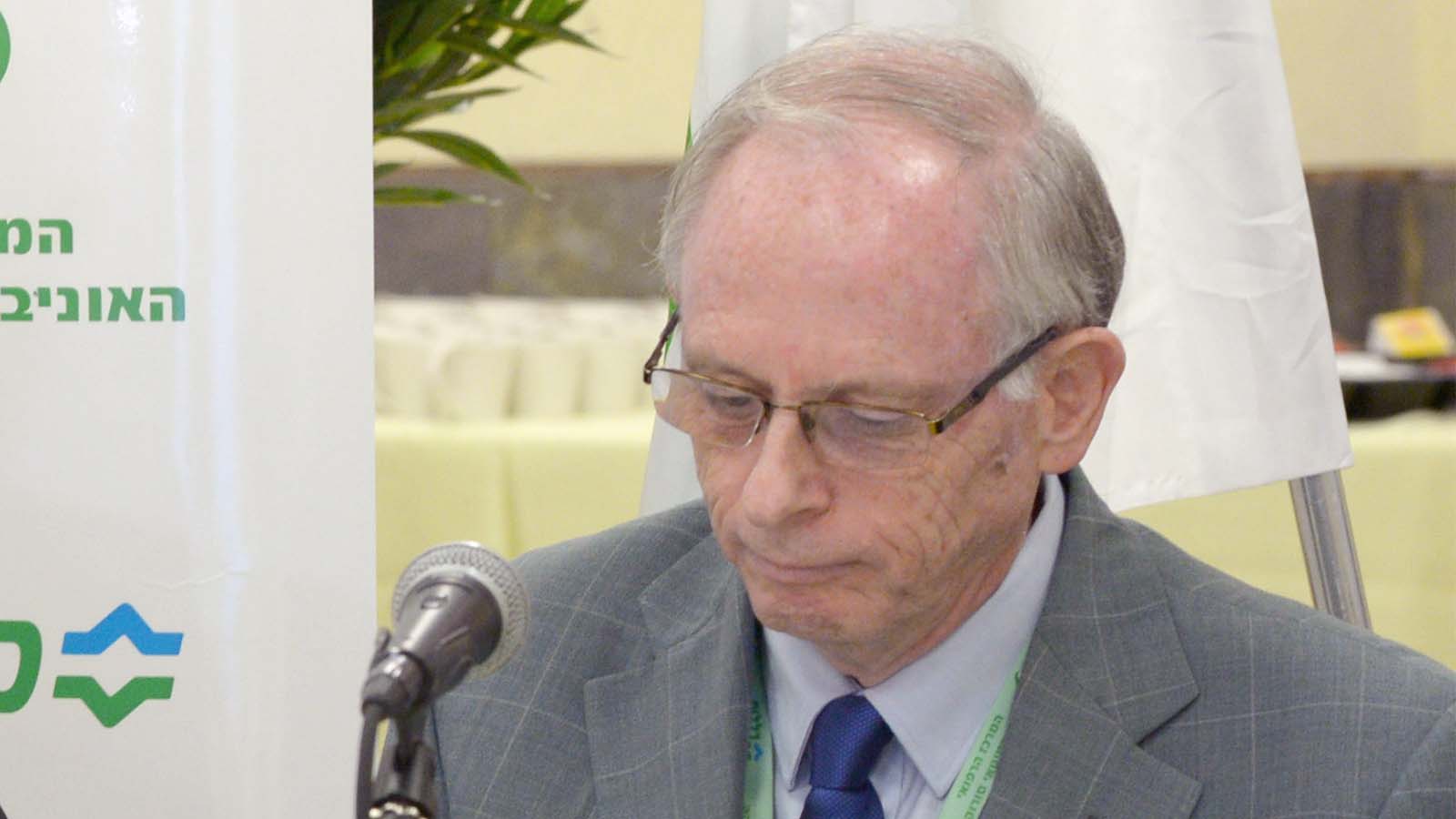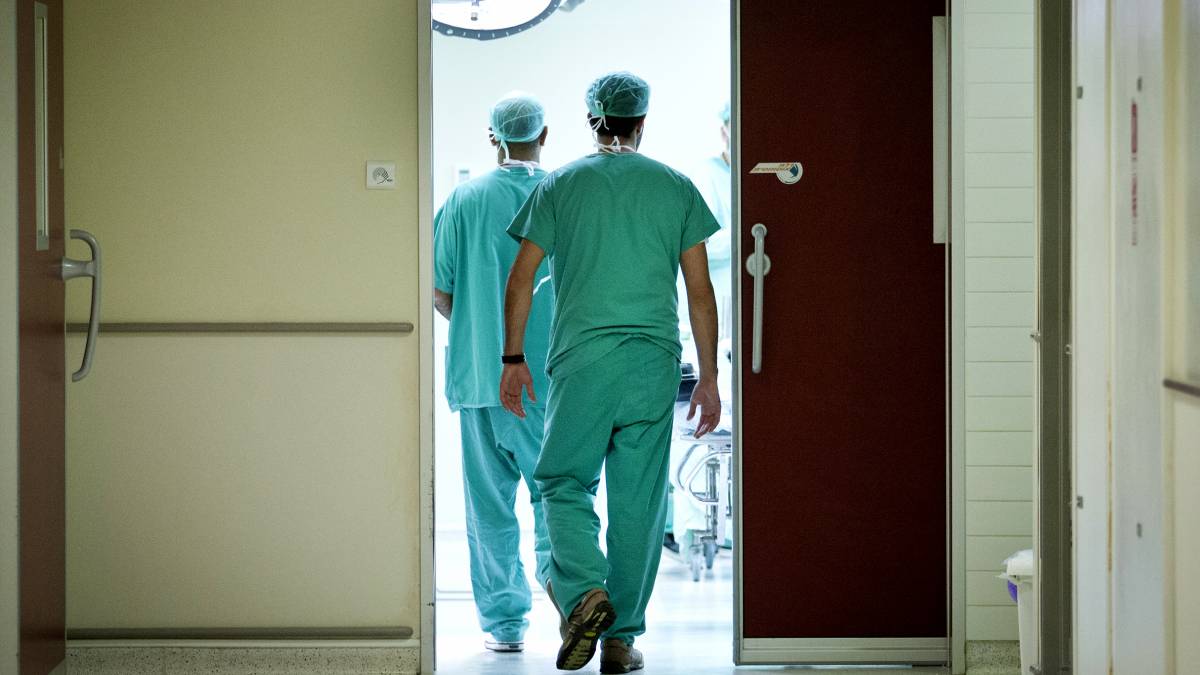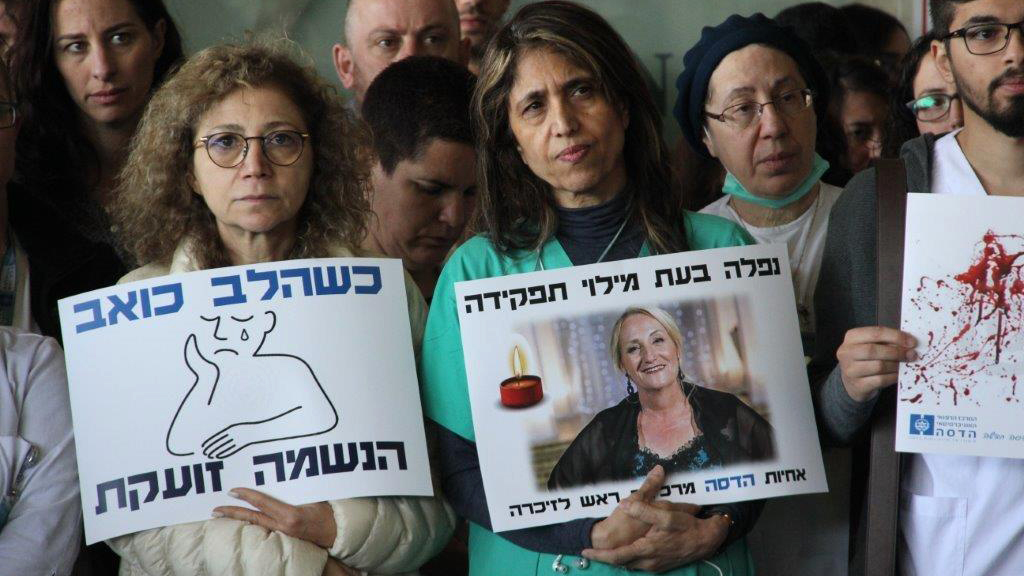
7 billion shekels of funding missing to bring medical services to "decent level" says Ehud Davidson, head of Israel's largest healthcare service Clalit. "The system is totally underfunded. The healthcare budget is only 7.3 percent of GDP, whereas the average for developed countries is around 9 percent," he added.

According to Davidson, in an interview he gave to Globes this week, the health system in Israel has been continuously starved for money and the aim is to bring it to the level it was 25 years ago.
Israel has a predominantly publicly funded healthcare system, with a small number of healthcare providers offering additional private insurance and services. Even so, the majority of Israelis depend on the basic public insurance funded mainly by the government through four state-mandated health service organizations, Clalit being the largest of them.

According to Davidson, public funding for the healthcare system in Israel is lower today than it was 25 years ago. Government funding for public healthcare providers has decreased by 7.5 percent in the last 25 years, leaving much of the system strapped for funding.
The Israeli government spends considerably less that OECD average on public health. In 2019 public funding accounted for 64 percent of all healthcare expenditure, as opposed to the 74 percent average in OECD countries.
According to the Ministry of Health, under-funding has led to under-staffing in many clinics and a lower standard of service. A poll commissioned by the ministry earlier this month revealed that long waiting times for specialist appointments are the leading cause for turning to private healthcare – by those who can afford to.
The low funding has also led to rising violence against medical staff, especially nurses. The union of nurses announced a "state of crisis in medical care" after a nurse named Tova Kararo was brutally murdered in 2017 by a patient. The union went on strike this year, demanding additional funding and more staff to cope with the workload, and is still in negotiation process with the ministry of health.

Earlier this week a 44-year-old man was arrested after assaulting members of staff at Poria hospital, near Tiberias. After the man reportedly tried to physically assault a member of staff, he also attacked a 16-year-old who was present at the hospital and tried to aid the nurses. After arresting the man, the police said that they would not allow "any harm to come to medical staff". However, the reality today is that that the doctors and nurses are on the front lines of the crisis in Israel's health system and they are the ones who have to bear the brunt of the frustration the patients and their families are experiencing.






